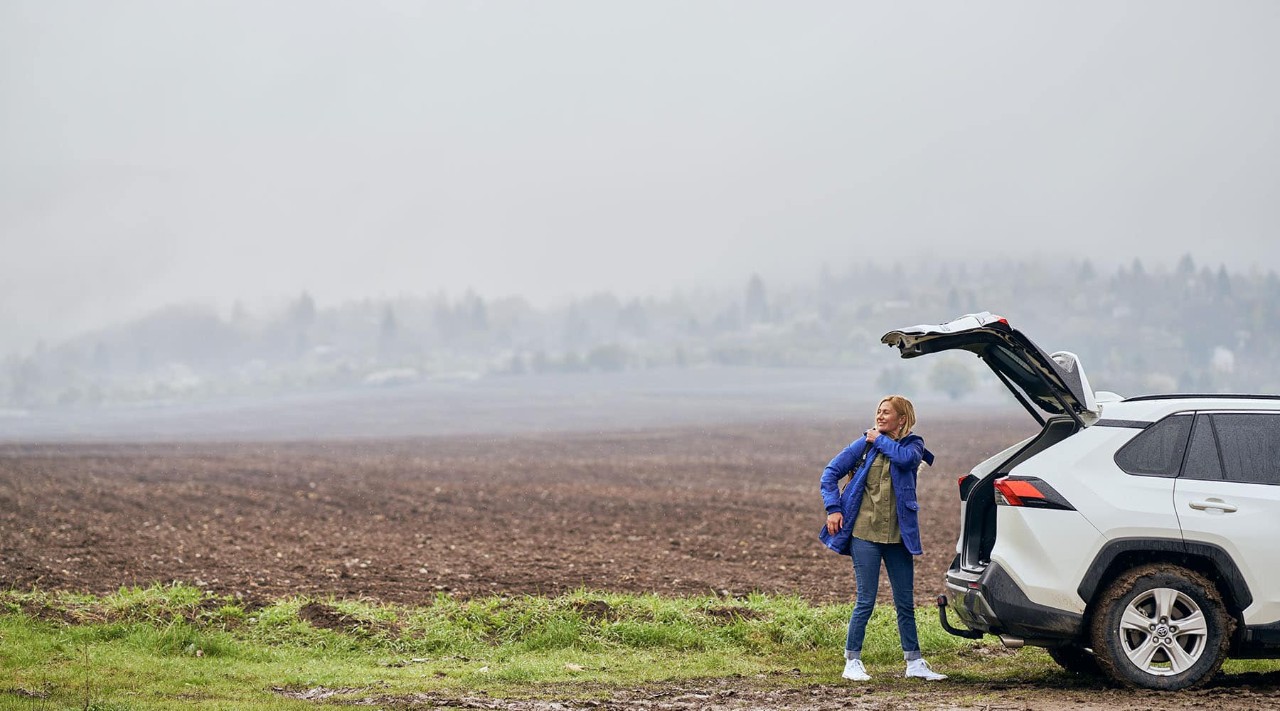Pet Dental Care is Vital
2 min read May 5th, 2017
Allianz Insurance are delighted to have partnered with Royal Canin in supporting the Veterinary Ireland 10 Commandments of Responsible Pet Ownership. Over the next 10 weeks Allianz will be posting each of the commandments and we hope you find them useful.
Key Points
- Look for any of the the tell-tale signs and if you spot them go to the vet!
- Cats and small dogs are particularly prone to severe dental disease, but any pet can have a problem
- Feeding a dry food reduces the incidence of dental disease compared to being fed all wet food
- A full dental check is performed at the Annual Health assessment
- Teeth brushing is the best way to prevent dental disease
If your vet recommend to have your pet’s teeth cleaned – heed that advice, it will save in the long run
Dental Disease can, quite simply, cause your pet severe pain and discomfort and may even shorten their life due to organ failure as a result of the constant bacterial attack on the liver, heart and kidneys from chronic gum infections.
It is estimated that 80% of pets over three years old will have some degree of dental or periodontal disease and by older age many pets will be in dire need of treatment to prevent pain, discomfort and premature death from undiagnosed and untreated dental disease.
The good news is that with a good diet (dry food!) and preventative care, dental problems are very easy to prevent.Your pet’s teeth will be checked at the Annual Health Assessment & Vaccination and your vet may recommend you come in for a dental check in the intervening months.
If your vet or veterinary nurse notices any tartar, gingivitis, periodontitis etc they will advise you on the best course of treatment. This will often include admitting your pet into the practice for a ‘dental’ to get things back to the way they should be. A dental entails general anaesthesia (they bite when awake!) and removal of all the tartar and other ‘gunge’ from your pet’s teeth with an ultrasonic descaler – just like in a human dentists.
Once this is done each tooth and its roots are examined individually and if required the tooth can be removed. Unlike in humans, if there is any doubt vets often remove the tooth.Your pet will do fine with the tooth gone whereas with it there they may have problems very soon again and require another treatment. Finally the teeth are polished to smooth out any microscopic imperfections and help reduce the build-up of further tartar.
In general this is a day procedure and is done routinely. For older animals your practice will discuss doing pre-anaesthetic blood tests to ensure the risks are minimised.
In short, do not underestimate the importance of looking after your pets teeth. Prevention is better than cure – so daily brushing is the gold standard, but a good diet and watchfulness will make sure that you spot any problems early.
Teeth brushing is not as difficult – or as daft – as it sounds and really is the best way to minimise any incidences of dental disease. In particular you should try to do it if your pet has just hador is just about to have a ‘dental’. Whilst your vet can get the teeth as clean as possible, it is then up to you to try to keep them that way, otherwise your pet will probably have to go back for future dental cleaning.
Don’t forget this is not your vet’s fault – all they can do is get the teeth as clean as possible, but from the next day they will start to get dirty again and will end up as bad as before the ‘dental’ unless you do your bit at home.
Signs of Dental Problems
- Bad breath – one of the first signs of dental disease
- A yellowish-brown crust of plaque on the teeth near the gum line
- Red and swollen gums
- Pain or bleeding when your pet eats or something touches the mouth or gums
- Decreased appetite, weight loss or difficulty eating
Copyright of Veterinary Ireland
Sponsored by Allianz Pet Insurance
All comments are moderated before they appear.
Information correct as of date of publishing. This blog will not be updated or edited so the information may become outdated.







